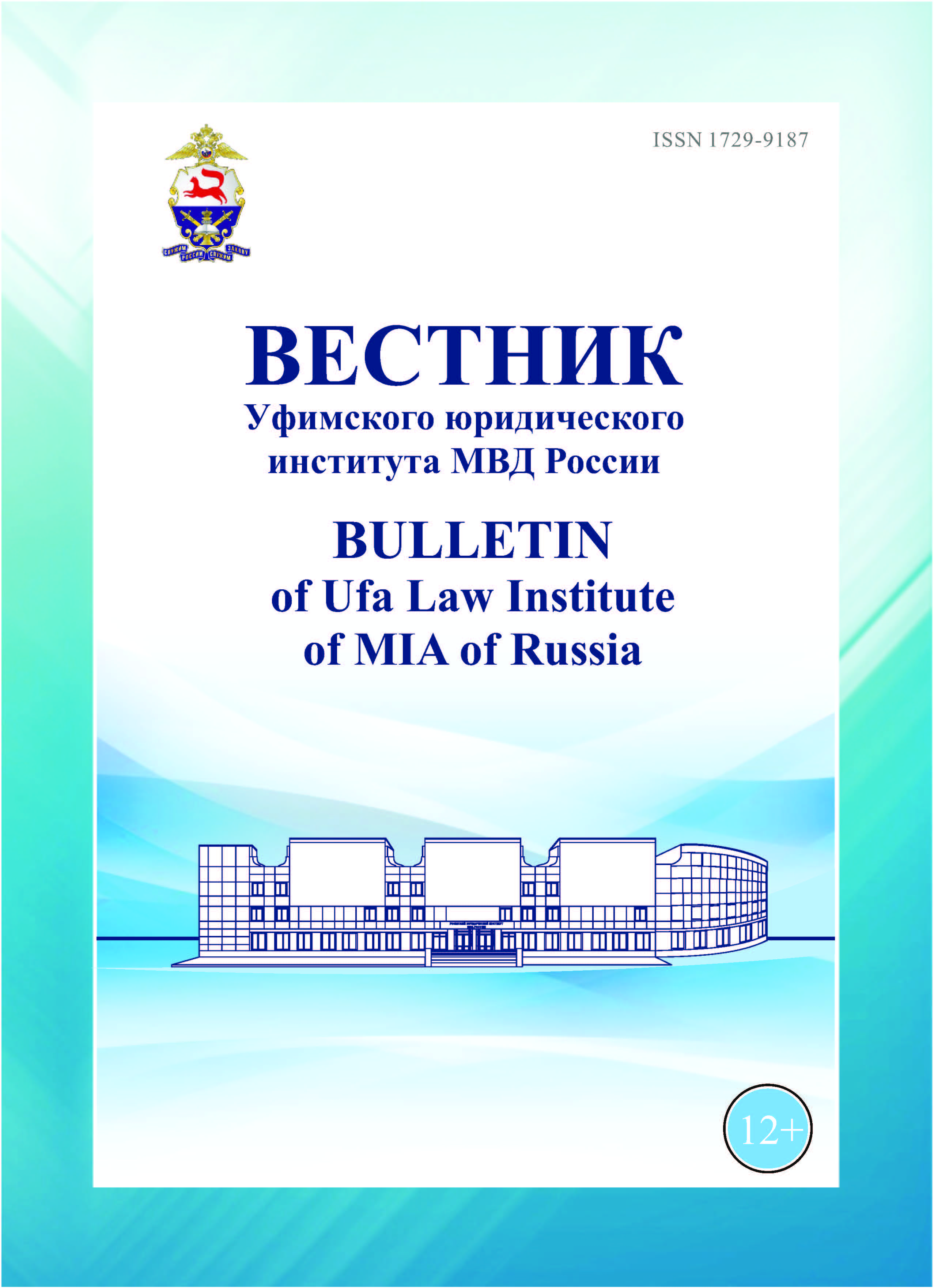UDC 808.5
The article analyzes the requirements for the speech culture of an employee of the internal affairs bodies as a “professional communicator”. Any language personality who has perfect professional knowledge, but is unable to competently reason on any topic, undoubtedly, loses in front of colleagues who have received good language training. In this regard, we put forward the assumption that it is necessary to study the fundamentals of legal discourse (in various genre manifestations) in educational institutions of higher professional education of the Ministry of Internal Affairs of Russia in Rhetoric classes with cadets, as well as within the framework of optional disciplines in postgraduate studies.
discourse, legal discourse, rhetoric, linguistic identity of the police officer, communication process, professionally oriented training
1. Linguistic encyclopedic dictionary / ed. V. N. Yartseva. M.: Soviet Encyclopedia, 1990. (In Russ.)
2. Shaimiev V. A. Concise linguistic dictionary-reference book in citations. Ufa: RIO BashGU, 2002. (In Russ.)
3. Karasik V. I. On types of discourse // Linguistic personality. Institutional and personal discourse: a collection of scientific papers / ed. V. I. Karasik, G. G. Slyshkina. Volgorad: Publishing House of the VGPU “Change”, 2000. 228 p. (In Russ.)
4. Kurgaeva O. L. Features of legal discourse and its didactic parameters / O. L. Kurgaeva // Kant. 2018. No. 1 (26). P. 61-64. (In Russ.).
5. Chernyshev A. V. Legal discourse and its main characteristics // Slovo.Ru: Baltic accent. 2016. No. 2. P. 22-28. (In Russ.)
6. Khomutova T. N., Schaefer E. A. Legal discourse: problems and prospects of research // Bulletin of the South Ural State University. Series: Linguistics. 2019. P. 44-53. (In Russ.)









